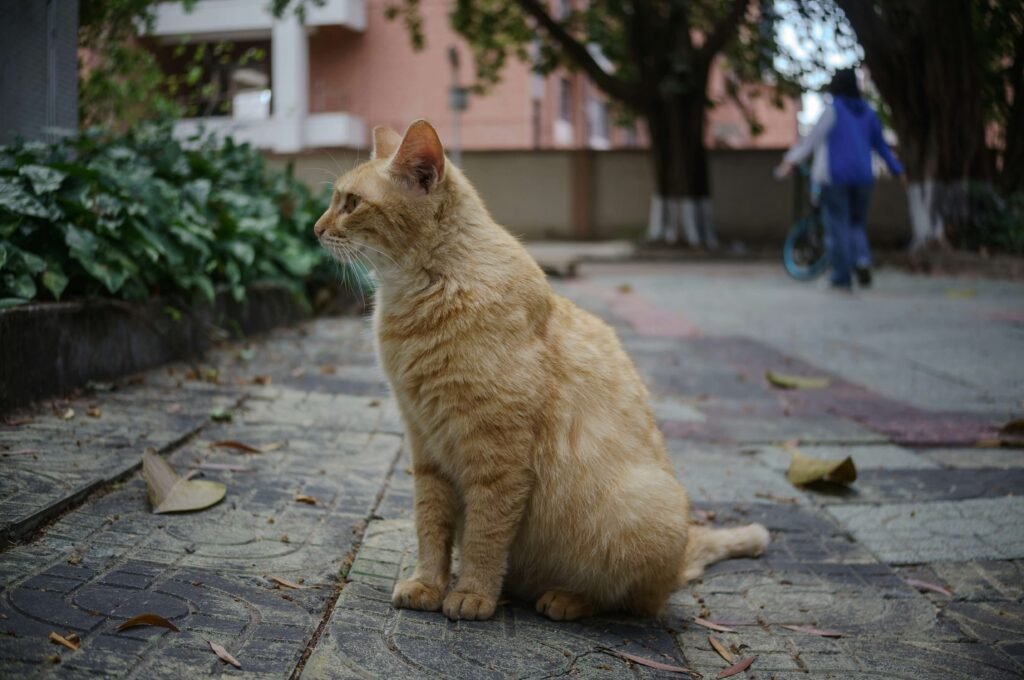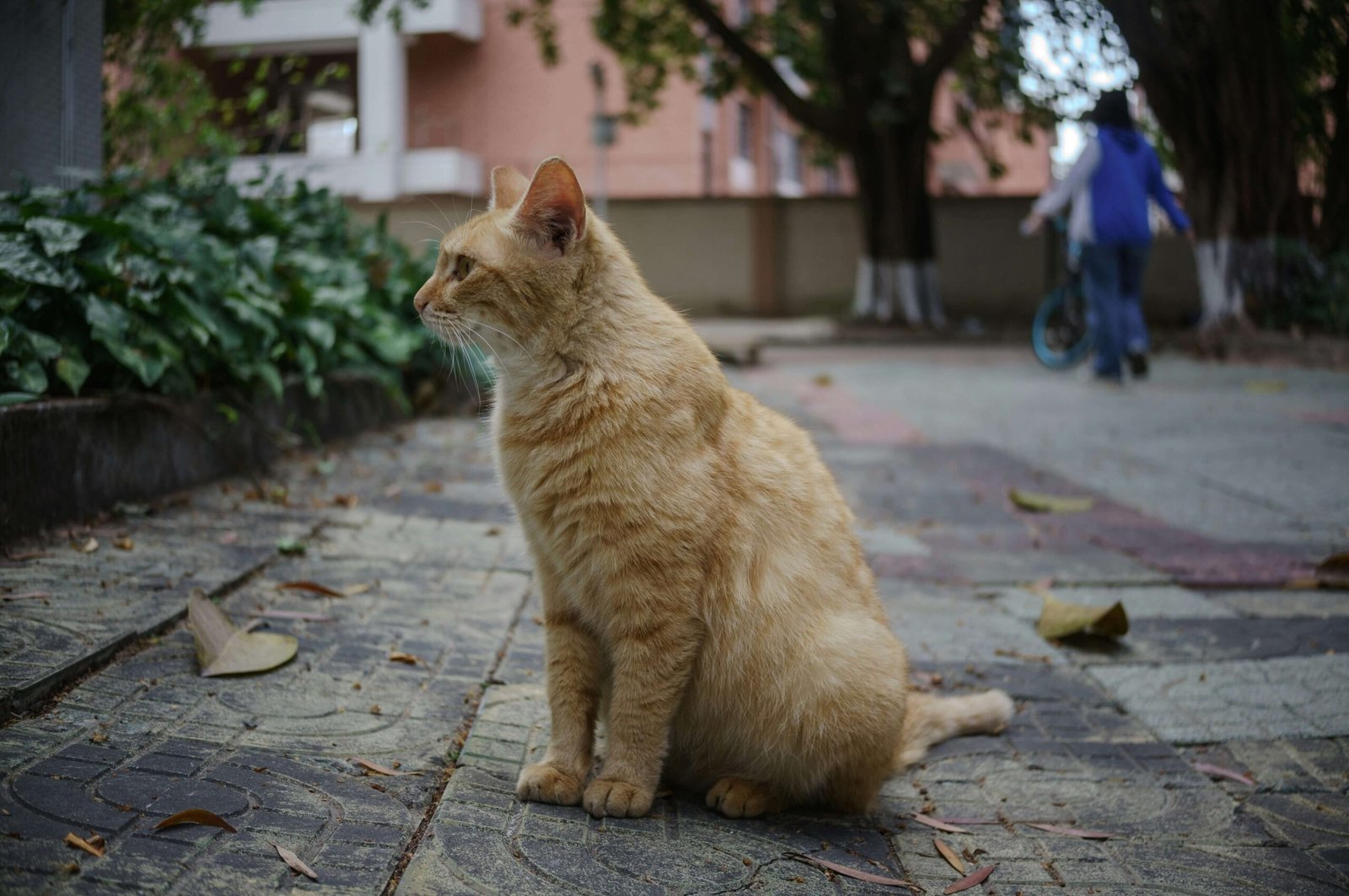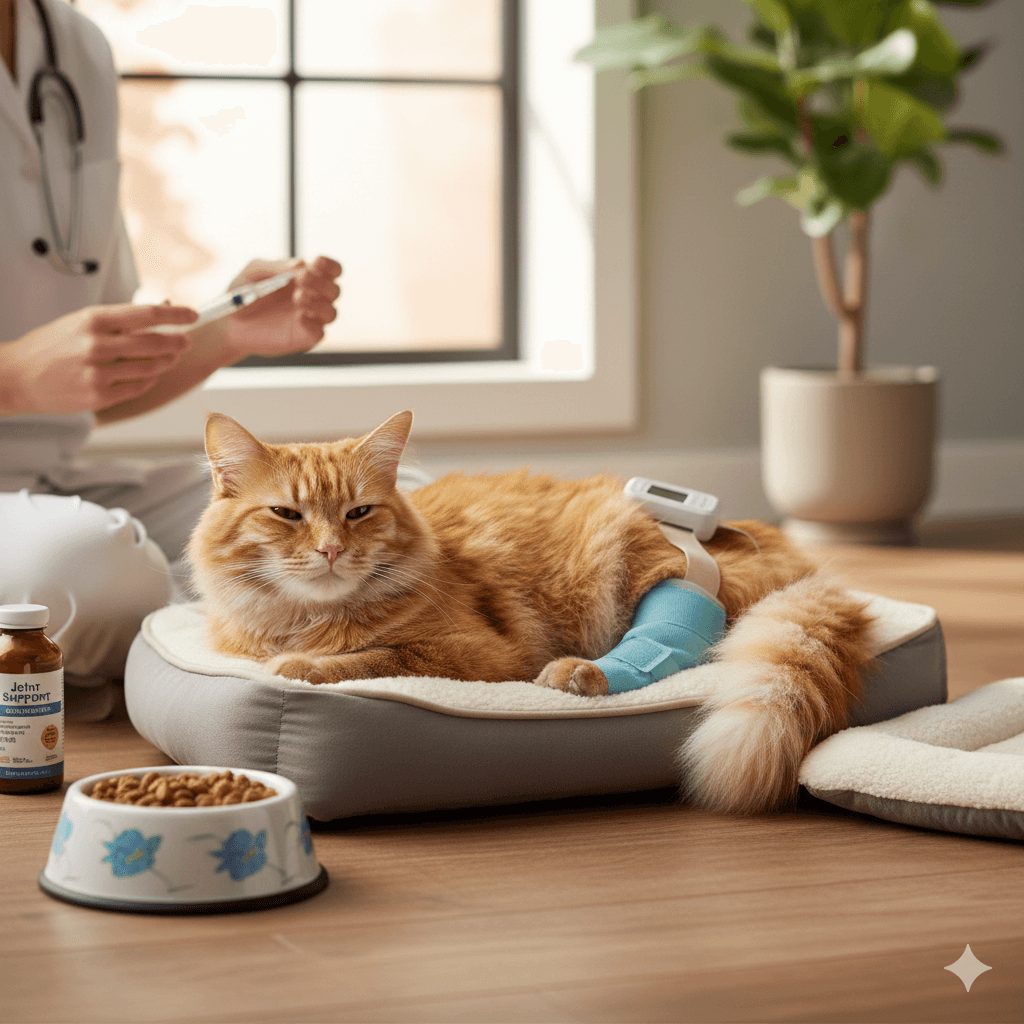Understanding Cat Cold Treatment: A Comprehensive Guide for Pet Owners
As a cat owner, there’s nothing more heart-wrenching than seeing your furry friend feeling under the weather. Just like humans, cats can catch colds, and while it’s rarely life-threatening, it can still be uncomfortable for them. Cat colds, often caused by viral or bacterial infections, are common but manageable with the right care and attention. In this blog post, we’ll explore everything you need to know about cat cold treatment, from recognizing the symptoms to providing effective home remedies and professional care. Whether you’re a seasoned pet parent or a first-time cat owner, this guide will equip you with the knowledge to help your feline companion recover quickly and comfortably.
Recognizing the Symptoms of a Cat Cold
Catching a cold early is crucial for ensuring your cat recovers swiftly. But how do you know if your cat has a cold? Here are some common signs to watch out for:
Sneezing : Frequent sneezing is one of the most noticeable signs of a cat cold.
Runny Nose : A discharge from the nose, which may be clear or yellowish, indicates a respiratory issue.
Watery Eyes : Excessive tearing or eye discharge is another telltale symptom.
Lethargy : Cats with colds often appear tired and less active than usual.
Loss of Appetite : A sick cat may refuse food due to a stuffy nose or general discomfort.
If you notice any combination of these symptoms, it’s important to monitor your cat closely. Early intervention can prevent the condition from worsening and ensure your pet feels better sooner.
Effective Home Remedies for Treating Cat Colds
While veterinary care is essential in severe cases, mild cat colds can often be managed at home with simple remedies. Here are some tried-and-true methods to help your cat feel better:
Keep Them Hydrated : Ensure your cat has access to fresh water at all times. Dehydration can worsen their condition.
Warmth and Comfort : Provide a cozy, warm space for your cat to rest. Avoid drafts and cold areas.
Humidify the Air : Use a humidifier to ease nasal congestion and make breathing easier for your cat.
Gentle Nose Wipes : Use a damp cloth to gently clean any discharge from their nose and eyes.
Tempting Food Choices : Offer strong-smelling foods like tuna or chicken broth to entice your cat to eat.
These home remedies can significantly improve your cat’s comfort level and speed up recovery. However, always consult your vet if symptoms persist or worsen.
Check this guide 👉Understanding the FVRCP Cat Vaccine: Best 7 Health Tips!
Check this guide 👉How Much Does a Rabies Shot for a Cat Cost? Best 7 Tips!

Symptoms of a Cat Cold | Treatment Options |
|---|---|
Sneezing | Keep the cat hydrated |
Runny Nose | Use a humidifier |
Watery Eyes | Clean eyes/nose with a cloth |
Lethargy | Provide warmth and comfort |
Loss of Appetite | Offer tempting food choices |
When to Seek Veterinary Care for Your Cat
While many cat colds can be treated at home, some cases require professional attention. Knowing when to seek veterinary care can make all the difference. Here are scenarios where a vet visit is necessary:
Persistent Symptoms : If your cat’s cold symptoms last longer than 10 days without improvement.
Difficulty Breathing : Labored breathing or wheezing is a sign of a more serious issue.
Fever : A high body temperature could indicate an infection that needs medical treatment.
Severe Discharge : Thick, green, or bloody discharge from the nose or eyes requires immediate attention.
Refusal to Eat or Drink : Prolonged loss of appetite or dehydration is a red flag.
If you notice any of these warning signs, don’t hesitate to contact your veterinarian. Timely intervention can prevent complications and ensure your cat receives the care they need.
Preventing Cat Colds: Tips for a Healthy Feline
Prevention is always better than cure, especially when it comes to cat colds. By taking proactive measures, you can reduce the risk of your cat catching a cold. Here are some preventive tips:
Vaccinations : Ensure your cat is up-to-date on vaccinations, particularly for feline herpesvirus and calicivirus.
Clean Environment : Regularly clean your cat’s living area to minimize exposure to germs.
Avoid Stress : Stress weakens the immune system, so keep your cat’s environment calm and stable.
Limit Contact with Sick Cats : Avoid exposing your cat to other animals showing signs of illness.
Balanced Diet : Feed your cat a nutritious diet to boost their immune system.
By following these preventive measures, you can help keep your cat healthy and minimize the chances of them catching a cold.
Common Misconceptions About Cat Colds
There are several myths surrounding cat colds that can lead to confusion among pet owners. Understanding the truth behind these misconceptions can help you provide better care for your feline friend. Here are some common misunderstandings:
Cats catch colds just like humans : While cats can experience respiratory infections, they are caused by different viruses and bacteria than human colds.
Antibiotics always cure cat colds : Antibiotics only work for bacterial infections, not viral ones, which are the primary cause of most cat colds.
Cat colds are always harmless : While many cases are mild, untreated or severe colds can lead to complications like pneumonia.
Indoor cats can’t get colds : Even indoor cats can contract colds from other pets or environmental factors.
A warm nose means a sick cat : A warm or dry nose isn’t necessarily a sign of illness; behavior and other symptoms matter more.
By debunking these myths, you can focus on evidence-based care and ensure your cat receives the appropriate treatment.
Daily Care Tips for a Cat Recovering from a Cold
When your cat is recovering from a cold, consistent daily care can make a significant difference in their comfort and recovery speed. Here are some practical tips to incorporate into your routine:
Monitor hydration levels : Check if your cat is drinking enough water by observing their water bowl or using a pet water fountain.
Encourage gentle exercise : Light play sessions can help boost circulation and energy levels without overexertion.
Maintain a clean litter box : A tidy litter area reduces stress and prevents secondary infections.
Offer small, frequent meals : Smaller portions can be easier for a sick cat to manage and encourage eating.
Check for improvements daily : Keep a log of symptoms to track progress and identify any concerning changes.
With these daily practices, you’ll create a supportive environment that promotes healing and ensures your cat feels loved throughout their recovery.
Signs Your Cat’s Cold Is Improving
Knowing whether your cat’s cold is improving can reassure you that your efforts are paying off. Look out for these positive indicators of recovery:
Reduced sneezing frequency : Fewer sneezes suggest the nasal passages are clearing up.
Clearer eyes and nose discharge : A decrease in mucus production is a good sign of healing.
Increased energy levels : If your cat starts playing or exploring again, it’s a strong sign of improvement.
Improved appetite : Eating and drinking normally indicates your cat feels better.
Stable breathing patterns : Consistent, easy breathing shows the respiratory system is recovering.
These signs reflect progress in your cat’s health journey. However, remain vigilant and consult your vet if you notice any setbacks or lingering issues.
Frequently Asked Questions About Cat Cold Treatment
What causes cat colds?
Can I give my cat human cold medicine?
How long does a cat cold last?
Is a cat cold contagious to humans?
What should I do if my cat stops eating?
Caring for Your Cat During Cold Season
Caring for a cat with a cold requires patience, observation, and a bit of extra TLC. From recognizing the symptoms early to providing effective home care and knowing when to seek professional help, being informed is key to ensuring your cat’s speedy recovery. Remember, prevention is just as important as treatment—keeping your cat’s environment clean, stress-free, and their immune system strong can go a long way in avoiding illnesses altogether. With the tips and insights shared in this guide, you’re now equipped to handle cat colds like a pro. After all, a happy, healthy cat makes for a happy, fulfilled pet parent!
Can I Give My Cat Pumpkin Every Day? Best 7 Expert Tips! – Discover the benefits, risks, and expert advice on feeding pumpkin to your cat daily.
Can I Give My Dog Pumpkin Every Day? Best 7 Expert Tips! – Discover the benefits, risks, and safe ways to include pumpkin in your dog’s diet for optimal health.
English Pointer Dog: Best 7 Expert Tips! – Discover the breed’s history, temperament, and care needs to keep this energetic companion happy and healthy.
Cat Hip Dysplasia Treatment: Best 7 Expert Tips! – Discover effective ways to manage symptoms, improve mobility, and enhance your cat’s quality of life today.





